Affiliate links on Android Authority may earn us a commission. Learn more.
What's next for Bixby after Assistant dominated CES?
Published onJanuary 19, 2018
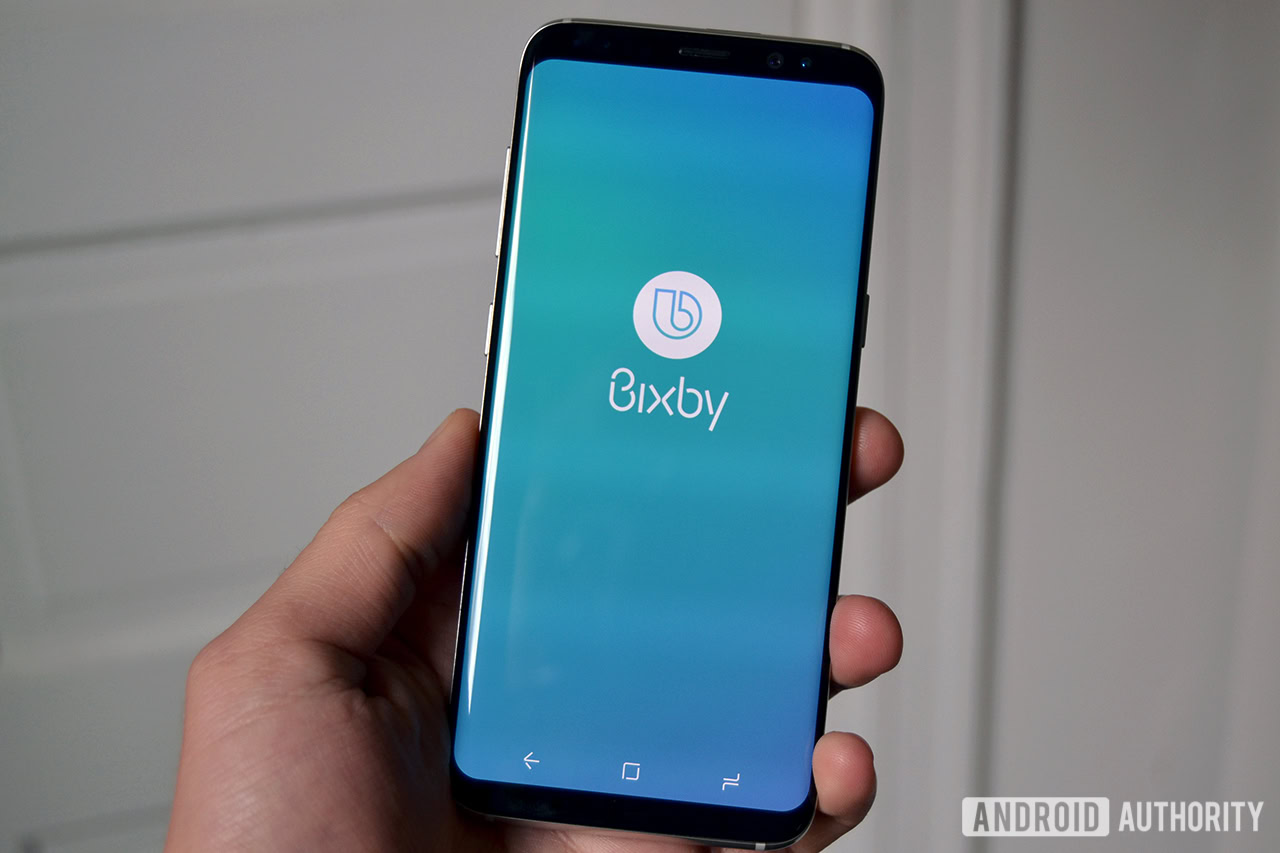
2018 looks set to be year of the smart assistant according to researchers. The sheer number of products sporting Google Assistant and Amazon Alexa at CES 2018 confirms a big push is coming this year.
The market for smart assistants is already being carved up, with Alexa and Google positioning themselves as the big two early on, by taking on roles at the center of your smart home and smartphone. They aren’t the only players though. Back in 2017 Samsung debuted Bixby, its in-house smart assistant packaged inside its 2017 flagships smartphones.
Unfortunately for Samsung, Bixby wasn’t received with the same fanfare as the big two assistants. The launch of its U.S. service was delayed, leaving customers without the full experience for many months. Many also lamented the introduction of the Bixby button, seen as an unnecessary extra step in launching the assistant. The button was also locked to Bixby, rather than the user’s assistant of choice for a long time.
In terms of features, Bixby is lagging behind too. It isn’t integrated with as many products or apps, can’t perform quite as many functions, and can’t support multiple users yet.
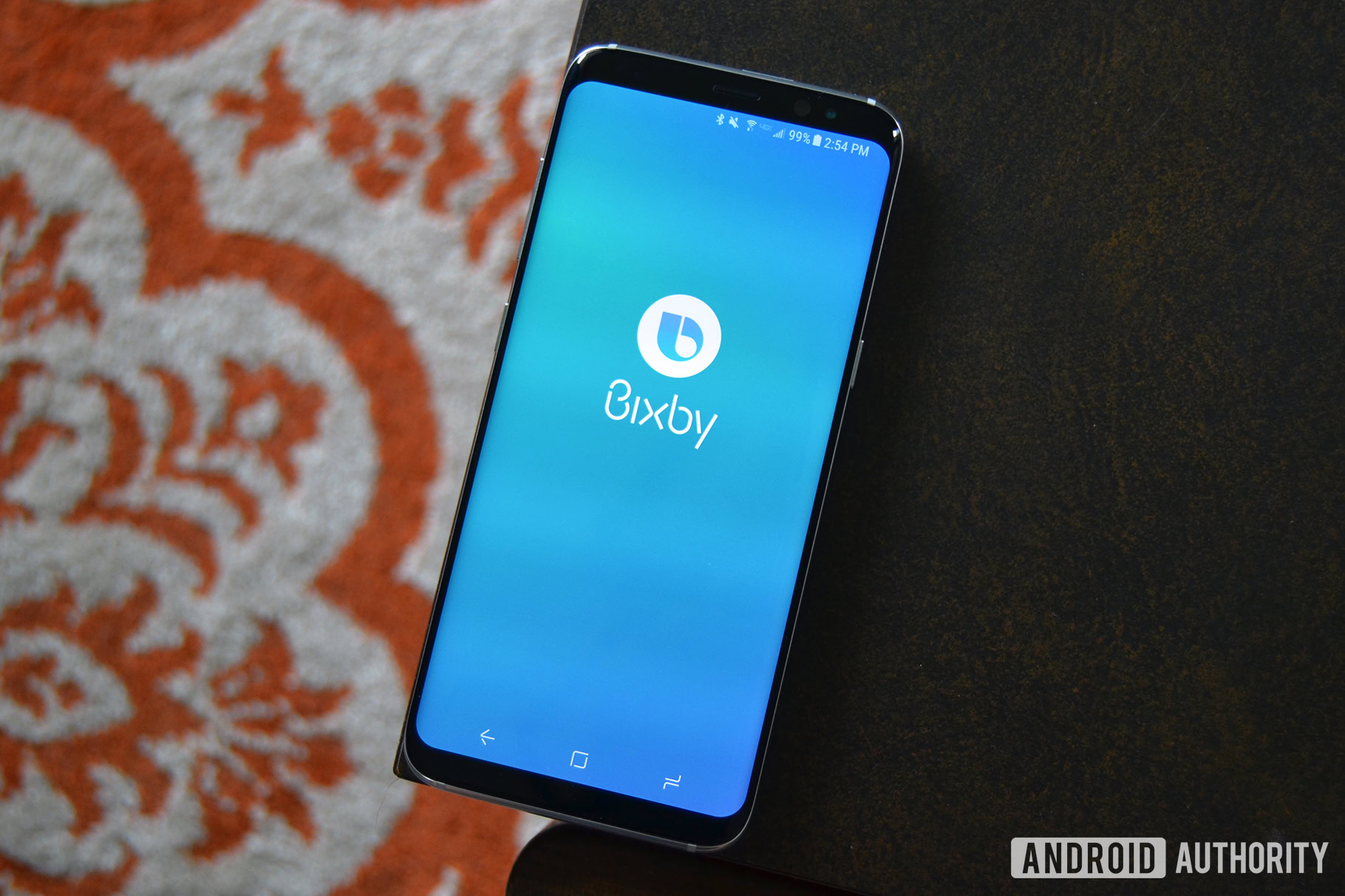
Bixby is not without its strengths though. The assistant works best with Samsung’s own tightly integrated apps. Searching through photos, music, and looking up almost anything on the web works very well in Samsung’s apps.
The embedded features make Bixby feel close to a true assistant, but Samsung’s apps just aren’t that popular. Lots of people opt for Google services like Chrome or Google Fit instead, or any number of other third-party options. That means users may miss out on some of Bixby’s most useful features. There probably isn’t a lot Samsung can do about this, other than hoping customers simply stick with the default apps out of the box.
The faithful may say that Bixby isn't far behind with features and is just lacking product support. For the skeptical, Bixby already seems obsolete.
Looking back over the past twelve months, and particularly at CES, both Google Assistant and Alexa are undeniably very ahead of Samsung in one key area: product support. Amazon and Google are working closely with a wide range of third parties to bring their assistants into an equally broad variety of products.
Samsung’s assistant, by comparison, is available on barely a handful of devices. The company’s latest Galaxy S8 and Note 8 phones, as well as some refrigerators are the only devices to boast official support. Meanwhile Google Assistant is now available on a huge number of smartphones. Even though the Bixby ecosystem is small, we shouldn’t underestimate the assistant’s reach, given that Samsung is still the world’s largest individual smartphone manufacturer. Still, the lack of products and features is problematic for Samsung.
All of this leads to a big question hanging over Bixby—is there any room in the market for another smart assistant?
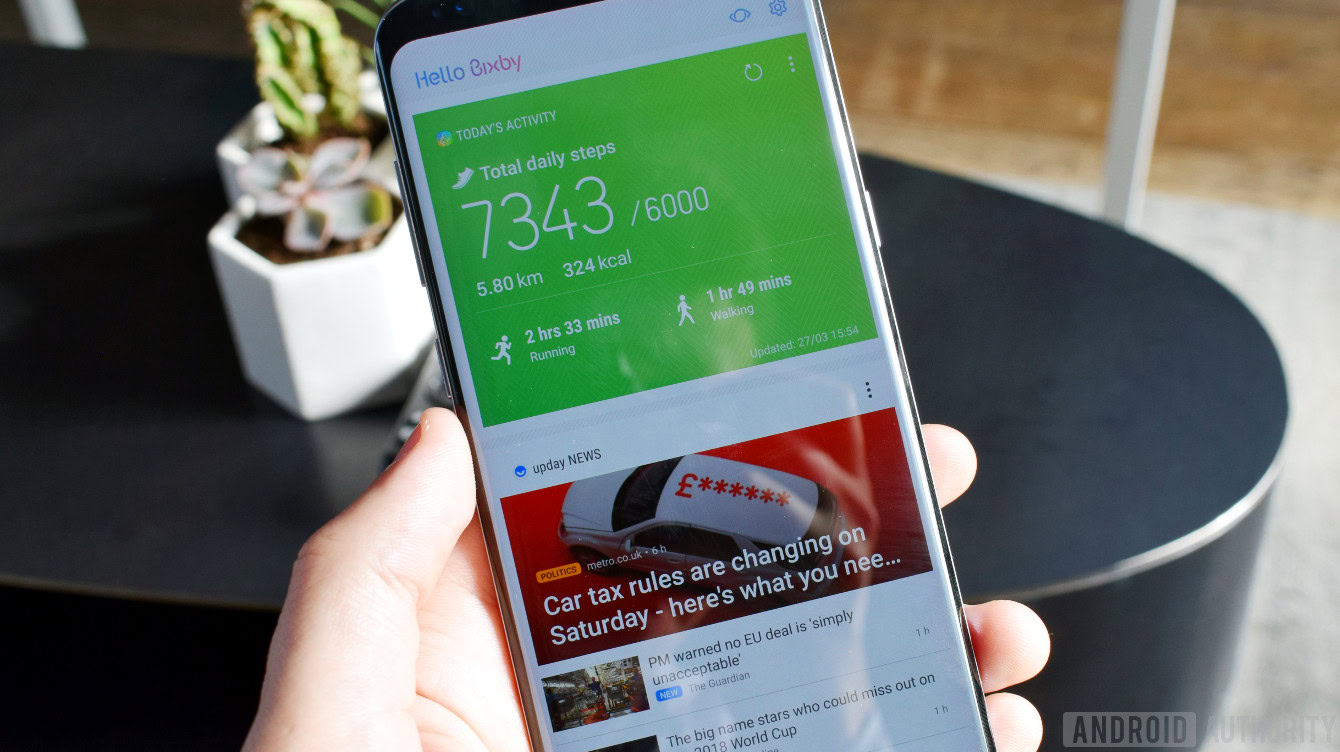
Samsung is clearly aware of the work it has to do to gain back some ground. In the closing months of 2017 the company announced Bixby 2.0, marking a notable change in strategy and aiming to bring Bixby to a wider range of products. Bixby 2.0 is powered by Viv technologies, a company of former Siri engineers that Samsung acquired in 2016. During the announcement, the company noted the new version will be better at recognizing individual users and that it will be coming to a variety of devices, including Samsung’s Smart TVs and Family Hub refrigerator. We’ve also heard plenty of talk about a Bixby-powered smart speaker rumored to launch sometime this year.
Perhaps the biggest and most important change with version 2.0 is the plan to make the smart assistant more accessible to developers. Samsung plans to open up its SDK for third party manufacturers who want to support Bixby, so the new version is designed to be part of a full smart device ecosystem. Samsung is conducting a closed, invitation-only beta of its SDK already, but the full Bixby 2.0 suite won’t appear until sometime later in 2018.
Bixby 2.0 aims to create an ecosystem like Alexa, but Amazon already has a massive head start. Samsung may have left it too late.
These plans are clearly slow and aren’t going to help Samsung catch up with Google, Amazon, or even Apple’s HomeKit/Siri in the near future, perhaps not even in a meaningful way by the end of 2018. In the short term, Samsung’s Project Ambience will help Bixby find a home in a wider number of Internet of Things devices. Project Ambience comes in the form of a small chip or dongle which offers some Bixby functionality to otherwise incompatible products. Whether or not anyone will pick up this technology remains to be seen.
The make or break year
Although Samsung appears to be making the right strides to revamp Bixby into a viable ecosystem player, its competitors are moving faster than ever. A huge number of third party customers now support Google Assistant, Alexa, and HomeKit, further extending their lead as new products roll out throughout 2018. Samsung won’t have its third-party SDK out until sometime this year, which means we probably won’t see any third party Bixby products appear until 2019.
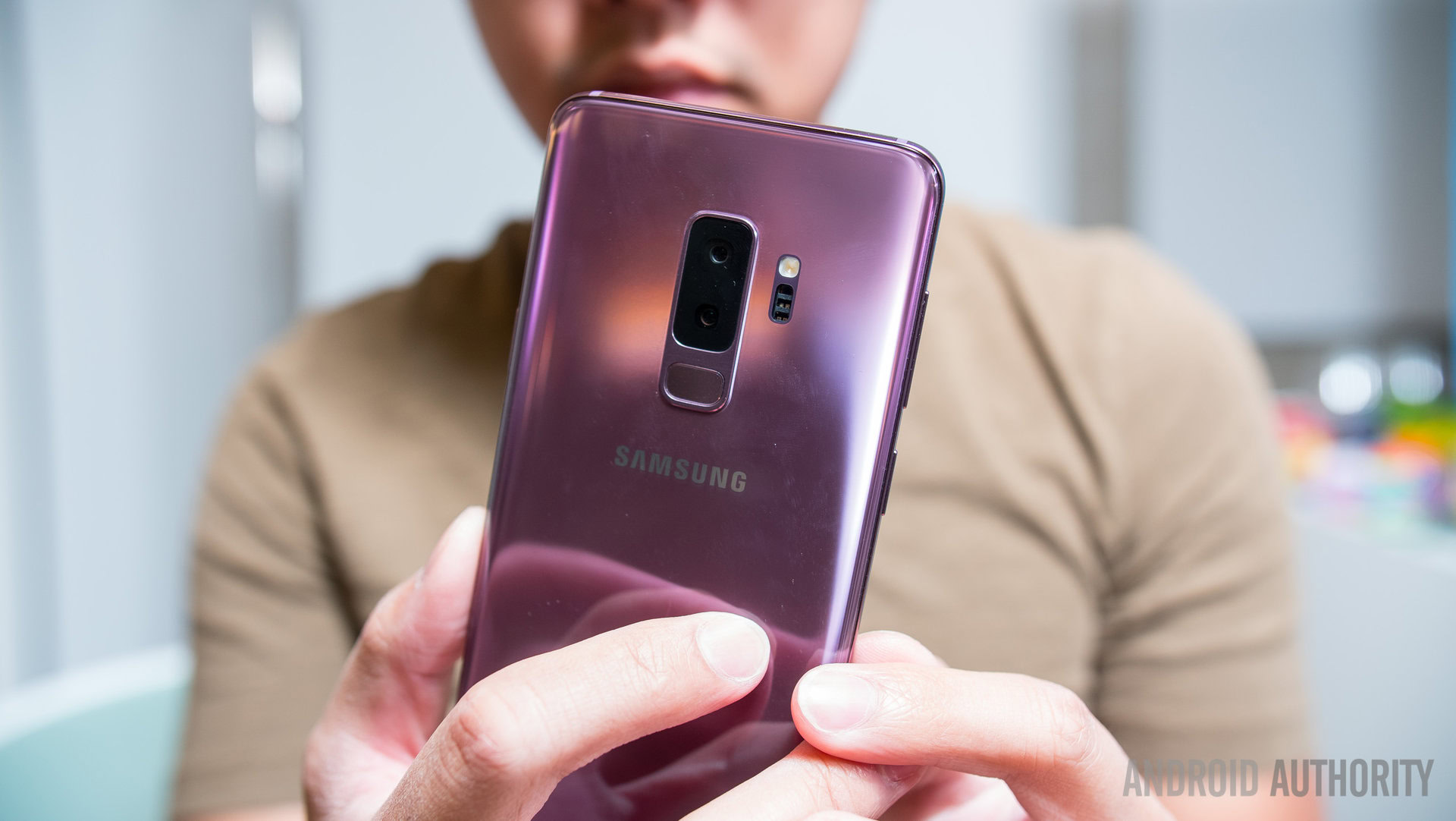
By the time the Bixby ecosystem is of notable size, Samsung will likely find most of its potential customers are already embedded with one of its competitors. But without a large (and active) user base, it will be difficult to convince third party developers to support its SDK and software. Bixby’s only leverage in this regard may be the number of phones Samsung sells with the smart assistant installed. In that case, Samsung would be wise to bring its assistant to mid and even low tier products as quickly as possible to maximize its reach.
2018 will almost certainly be the year that decides Bixby’s success, even if it remains way behind the big players for the foreseeable future. Expanding its install base and launching a revamped version to rival the big two is very important, and this all might need to happen as early as the Galaxy S9 to grab some momentum early in the year. The company will also have to rely on its in-house consumer electronics portfolio, ranging from TVs to washing machines, to pique consumer interest in Bixby’s capabilities, at least until third party products appear.
Samsung needs more powerful AI software, a compelling portfolio of compatible hardware, and meaningful partnerships in 2018.
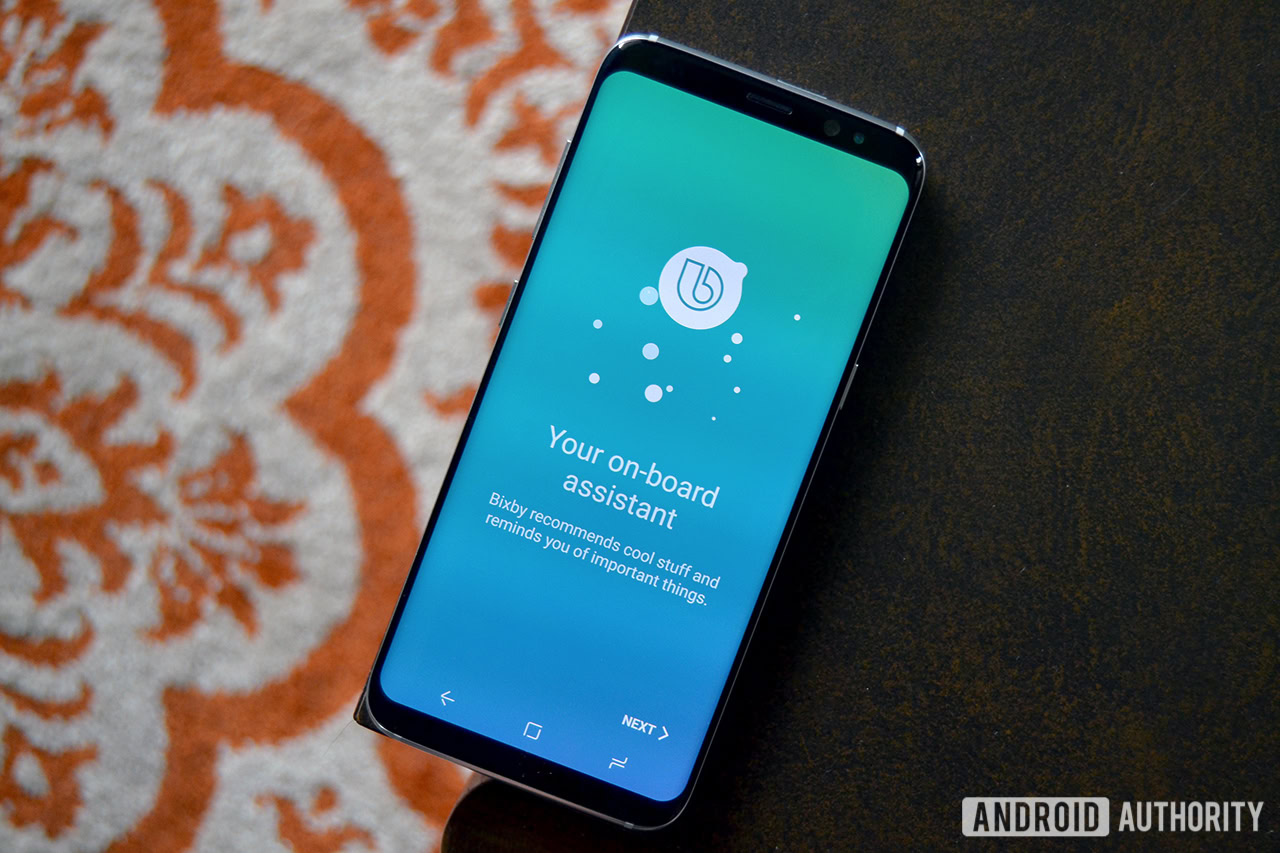
If Samsung can hang in the market and accelerate its roadmap to third party support, it may just stand a slim chance of competing with the big two. Even then it will be an uphill battle from here, but there’s little likelihood of Bixby continuing to exist if it can’t become a notable alternative in the smart home and IoT markets. Very few would use a more limited assistant when Alexa and Assistant are far more ubiquitous and powerful.
Do you think Samsung is too far behind already? Can the company leverage its broad range of products to make Bixby a success?